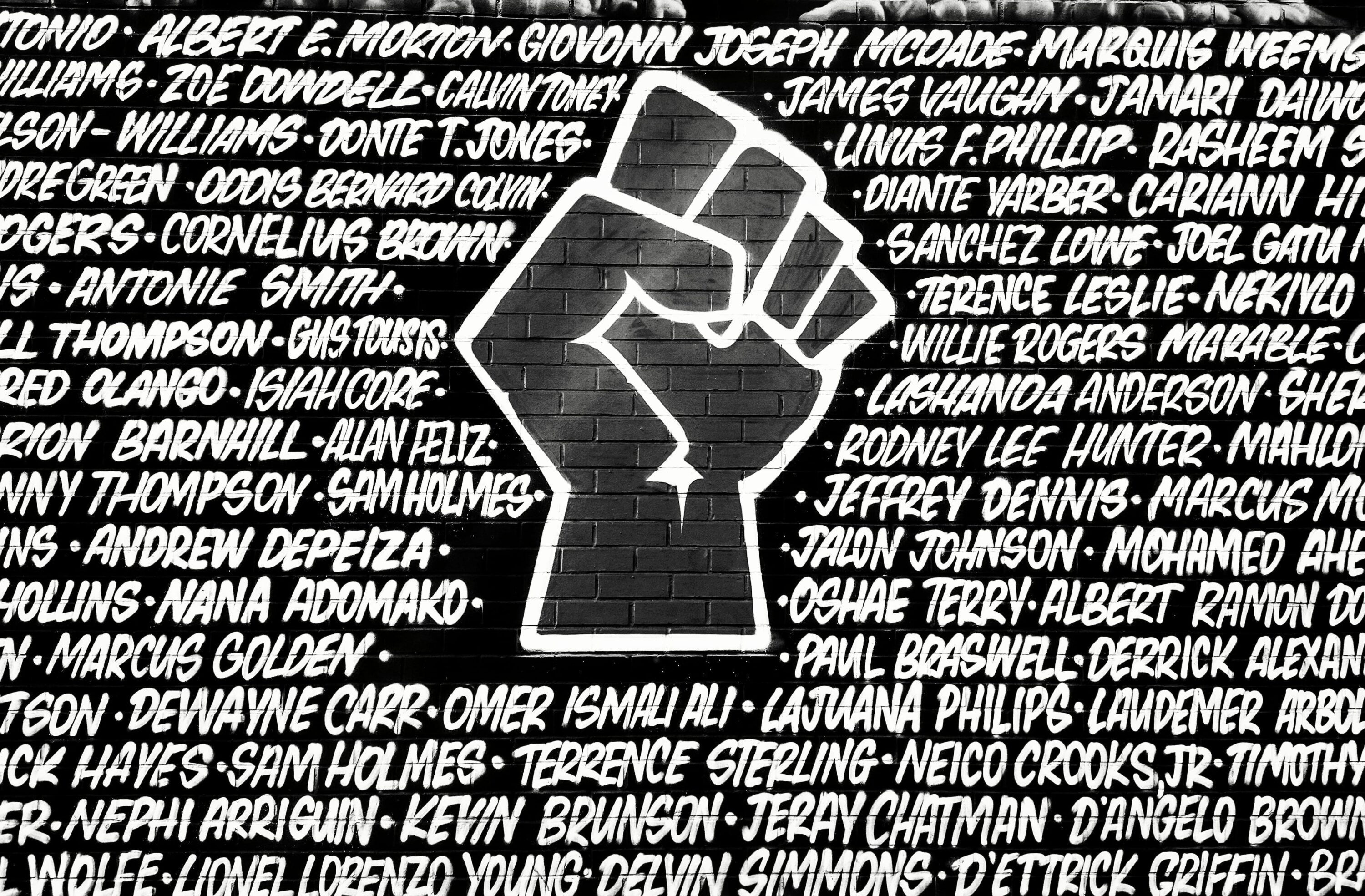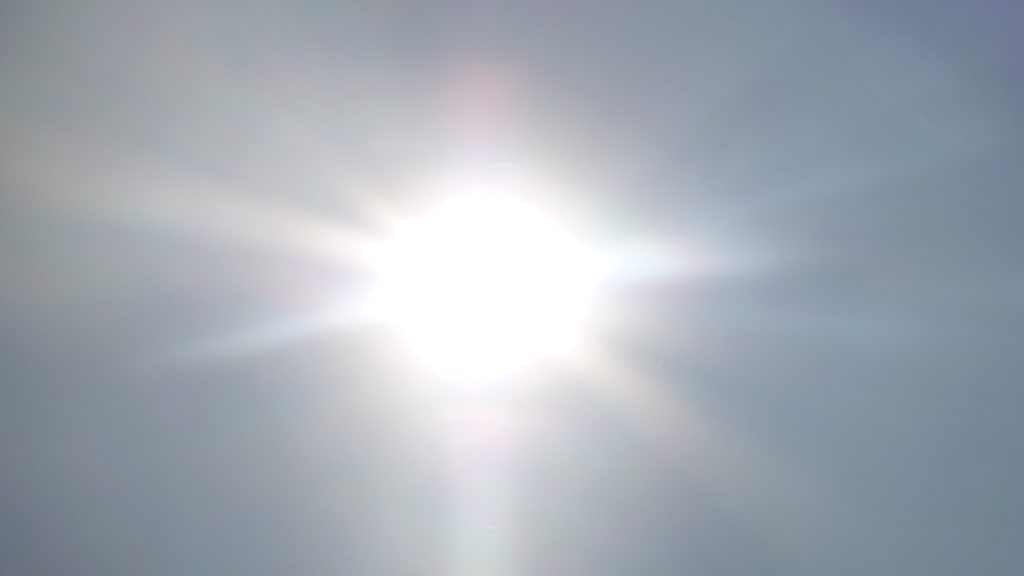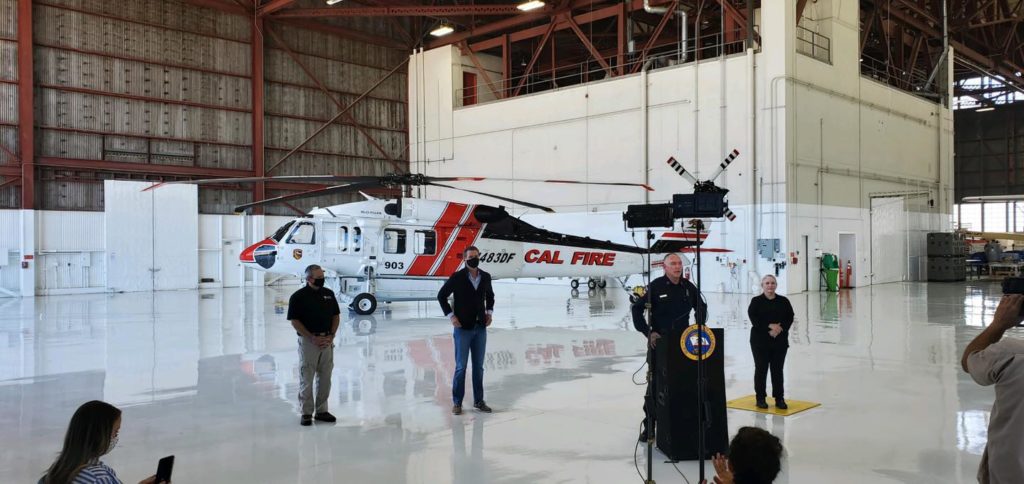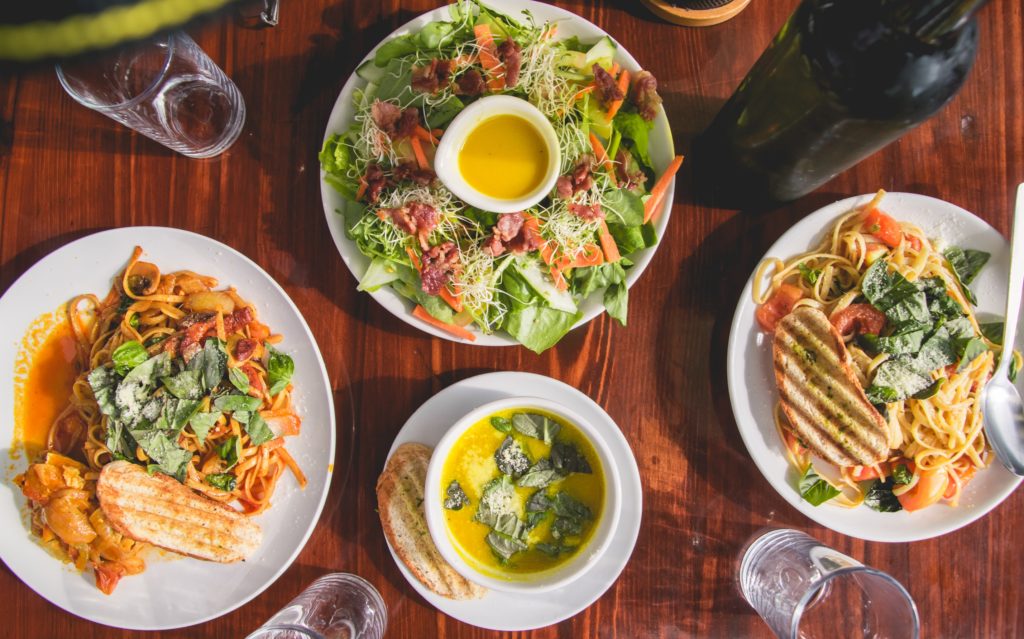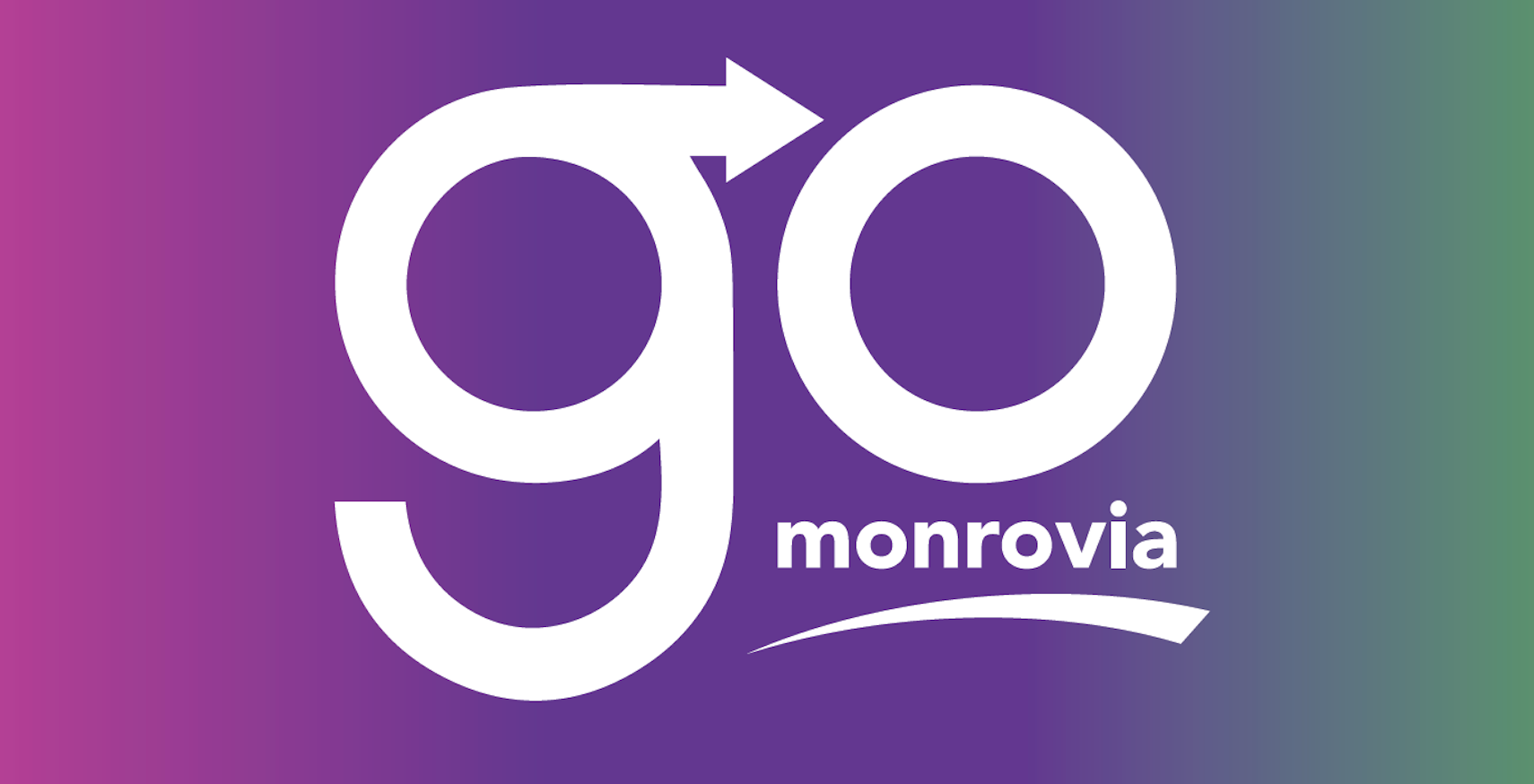Ralph Walker is many things — a KGEM host, a friend around town, a reader and thinker — but what he is most is an African American male.
He said, “I could hardly watch it. I knew George Floyd would die. That officer that had his knee on Floyd’s neck, he had the look of death. I knew. There are so many already on ‘The List’ of victims that if you name one, you do injustice to all the others. There have been so many men, so many women, and even so many children whose names are on The List.”
Some other men of color on The List include Mark Edward Allen of Monrovia; Lt. Col. Allen Allensworth who was mysteriously killed on Myrtle in 1914; and Gilbert Kiihoa and James O’Balles who were beaten by Monrovia Police in December of 1947. Walker said, “I admit I’m obsessed with Mark Allen. I want Monrovia to remember that name. Mark was only 13 when he was found dead in the Monrovia jail in 1971. I can show you his grave at Live Oak Cemetery.”
Walker continued, “I’m so tired of people suggesting there are just a few ‘bad apples’ in police departments. Let’s admit that most police departments are corrupt. Dr. King said, ‘There comes a time when silence is compliance.’ And too many police and people in authority don’t want to cross the blue line. They put more value on hurt feelings and their own pensions than they do on the lives of African Americans.”
Ralph was made to understand that he was Black when he was about 8 years of age. “We were coming home from school, and we saw this overwhelming crowd at the AA Rayner Funeral Home on 71st Street in South Chicago. My mother then had me and my siblings sit down to watch the TV coverage of the funeral of Emmett Till. Mama showed us that Jet magazine article. I then looked at the color of my own skin, and I realized that it is dangerous to be Black — even in the North.”
Ralph said, “My grandmother was born in Hattiesburg, Miss., and she knew racism. She told us a lot of stories.” Still, Grandma would not be intimidated. “She would take me on the bus with her to go to downtown Chicago’s State Street. She would warn me not to say anything. Grandmother purposefully sat in the front of the bus. We got a lot of looks but she wasn’t going to move.” Grandmother was an entrepreneur that ran O Boy Ice Cream and a wig-weaving business, Mayes Hair Box, in South Side Chicago.
Young Ralph saw the fury of the Chicago Police against the demonstrators at the 1968 Democratic National Convention.
“My friend, Cornell Rycraw, and I were there but we were afraid to get out of the car. We knew the police would beat Blacks unmercifully.” Also in 1968, Ralph got drafted to go to the Vietnam War. “I wasn’t going to go. If Mohammed Ali wouldn’t go, I wouldn’t go either. I was found guilty, and the judge sentenced me to three years federal probation. I couldn’t get jobs but I attended Malcolm X Junior College before graduating from Loyola University of Chicago. After the 1979 Chicago blizzard, I had enough. I left for Los Angeles.”
Being African American in the West has its own set of problems. Ralph had a difficult time finding work as an educated African American even in the 1980s. “I thought as I was educated, polished, and articulate, I would have no problems finding work. But I was so wrong. I was blatantly rejected by the Pasadena telephone company, by a South Pasadena blood plasma company… I finally found a job with Bell and Howell — in shipping and receiving. I worked hard and I got promoted into the purchasing department where they wore business attire.
“In the 1990s, with the Gestapo tactics of LAPD’s Daryl Gates, Blacks knew our boundaries. Rodney King proved that. Then there was Latasha Harlins. She was only 15 years old and the fight that caused her death was over $1.79 worth of orange juice. She reminded me of the four girls blasted at the 16th Street Baptist Church in 1963. I have three beautiful daughters of my own. When you are Black, you got to warn your kids. My grandson is now 4 years old. What am I going to tell him?”
“Mark Allen’s story touches me,” said Walker. In November of 1971, Allen was arrested for allegedly shoplifting a coat from Ron’s Men’s Store on Huntington Drive. He was booked at 5:11 p.m. by Monrovia officers Claude Sprinkel and David Bauchop. He was found dead in jail cell #M4 by 6:25 pm. “The police said he committed suicide! They said he hung himself with his own blue jeans! Who even arrests a 13-year old boy for shoplifting? Mark Allen reminds us that Monrovia was like Mississippi. There were restrictions where African Americans could go and where they couldn’t go. After Mark’s death, the community was angry and Monrovia had burning and riots like Chicago and Mississippi. Mark Allen is Monrovia’s ground zero.” In 1971, The NAACP and community members demanded that Monrovia hire more African American officers; they had two African Americans on a 59-member force under Chief Ray Ellis. “I want to find a picture of Mark Allen. Has this city forgotten our boy?”
The KGEM host also said, “African Americans don’t want revenge, we just want to be treated fairly. We just want human rights. We just want peace and justice. There have been so many many campaigns for peace and justice. The new slogan is ‘We can’t breathe.’ But this is a sad continuum of over 400 years.”

